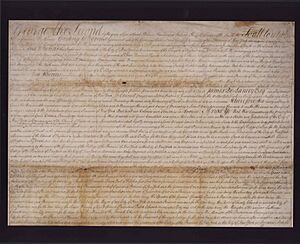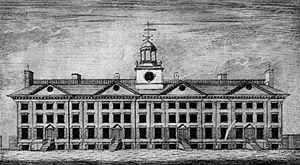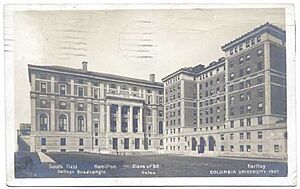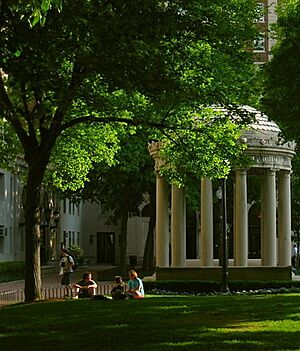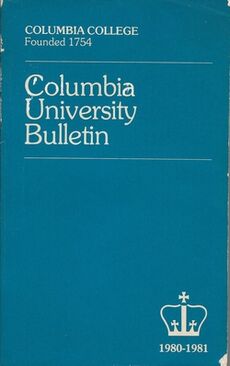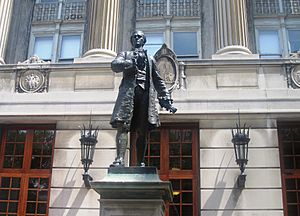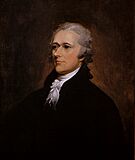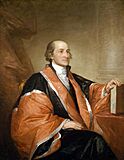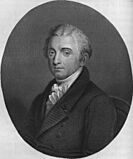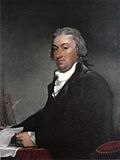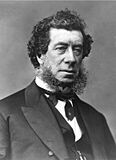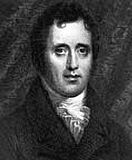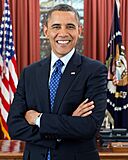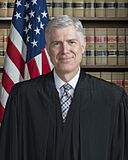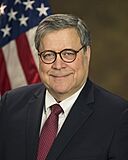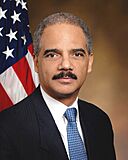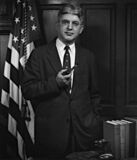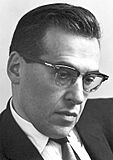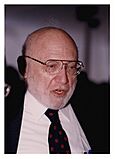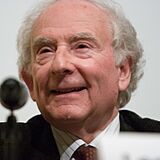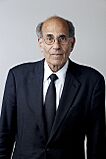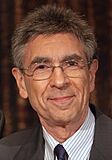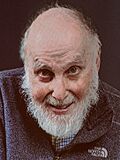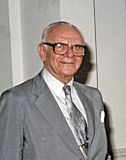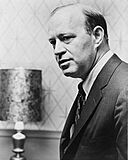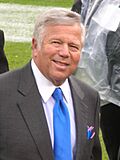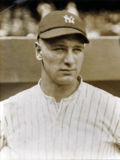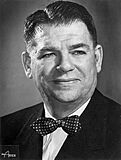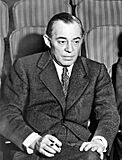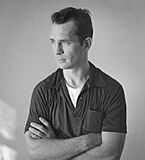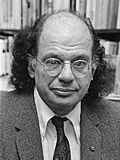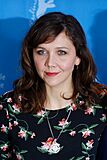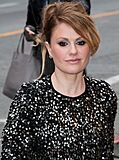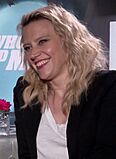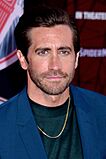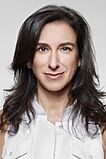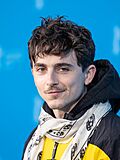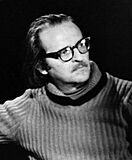Columbia College, Columbia University facts for kids
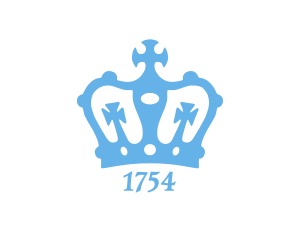 |
|
| Type | Private |
|---|---|
| Established | 1754 |
|
Parent institution
|
Columbia University |
| Dean | Josef Sorett |
| Students | 4,500 |
| Location |
,
,
United States
|
Columbia College is the oldest undergraduate college at Columbia University. Columbia University is a private research university in New York City. It is part of the Ivy League, a group of famous universities.
Columbia College started in 1754 as King's College. It was built near Trinity Church in Manhattan. It is the oldest college in New York State. It is also the fifth oldest college in the United States.
King's College was created by a special paper from King George II of Great Britain. After the American Revolution, its name changed to Columbia College in 1784. In 1787, a private group of leaders, including Alexander Hamilton and John Jay, took charge of the college.
Columbia College is known for its special "Core Curriculum." This is a set of required classes. It is also one of the hardest colleges to get into in America. In 2024, only about 3.85% of students who applied were accepted.
Contents
The Story of Columbia College
Columbia College began as King's College in 1754. It was in the Province of New York, which was a British colony. King George II of Great Britain gave it a special royal charter. This paper allowed the college to be built.
The college was first built near Trinity Church in New York City. This was because the Church of England had a lot of influence. The college stayed at this first spot for less than ten years.
Samuel Johnson was chosen as the first president. He was also the only professor for a while. In those early days, all classes and tests were done in Latin.
Moving to Park Place
By 1760, Columbia College moved to a new spot. This was on Park Place, close to the city's main park. Today, this area is near New York City Hall.
In 1767, Samuel Bard started a medical school at the college. This school is now called the Columbia University College of Physicians and Surgeons. It was the first medical school in America to give out the Doctor of Medicine (M.D.) degree.
The American Revolutionary War caused classes to stop from 1776 to 1784. But before the war, the college had already taught many important leaders. These included Alexander Hamilton, who helped General George Washington. Hamilton also wrote many of The Federalist Papers. He was the first Secretary of the Treasury.
John Jay also wrote for the Federalist Papers. He became the first Chief Justice of the United States. Robert Livingston helped write the Declaration of Independence. Gouverneur Morris helped write the final draft of the United States Constitution.
Hamilton joined a volunteer army group called the "Hearts of Oak" in 1775. He became a Lieutenant. They wore special uniforms with "Liberty or Death" on their hats. They practiced in a nearby churchyard. In August 1775, they helped take cannons from Battery Park. This made them an artillery unit.
After the Treaty of Paris in 1783, the country was peaceful again. The college could start classes in 1784. With America's freedom from Great Britain, King's College changed its name. It became Columbia College, which is still its name today.
For a short time, it was a state-run school. But by 1787, it became a private school again. This was because it did not get enough public money. The new private group of leaders took over. This 1787 plan is still used today. The college started to accept students from many different backgrounds. It became known as one of the best schools in the new country.
Moving to Midtown
Columbia College stayed at its Park Place campus for almost 100 years. Then, around 1857, it moved again. This time, it went to 49th Street and Madison Avenue in Manhattan.
During its 40 years at this third location, the college grew. It still gave out Bachelor of Arts and Doctor of Medicine degrees. But new schools were added. These included the Columbia Law School (started 1858) and the Columbia School of Mines (started 1864). The School of Mines is now called the Fu Foundation School of Engineering and Applied Science. In 1875, the School of Mines gave out Columbia's first Ph.D. degree.
At this time, "Columbia College" meant the whole institution. It included the original undergraduate college and all the new schools. In 1890, Seth Low became president. He wanted to divide the schools into their own groups. This would make the university easier to manage.
More schools joined Columbia. Barnard College for Women joined in 1889. Teachers College joined in 1891. Also, new programs for advanced degrees like the Doctor of Philosophy (Ph.D.) had started.
So, in 1896, the leaders of Columbia College agreed on a new name. The whole university became Columbia University in the City of New York. The name Columbia College then went back to meaning only the original undergraduate college. This was the college founded as King's College in 1754.
Moving to Morningside Heights
President Seth Low also led a huge move for the university. It moved to its current spot on a hill in Morningside Heights in uptown Manhattan. Land was bought from 114th St. to 120th St.. It was between Broadway and Amsterdam Avenue.
Charles Follen McKim was chosen to design the new campus. He wanted it to look like buildings from the Italian Renaissance. Many American universities at that time looked like medieval castles. But Columbia's new style was meant to show its roots in the Age of Enlightenment. This was a time of new ideas and discoveries. Columbia College and the whole university moved to the new campus in 1897.
Columbia College's academic traditions started with the classical education of the Enlightenment. Its famous Core Curriculum was officially set up in 1919. This happened when John Erskine started a seminar on important Western books. In 1919, a course called "War and Peace" was also required for all Columbia College students.
In the 1960s, Columbia College had student protests. This was like many other colleges in the United States. Students protested the civil rights movement and the Vietnam War. On April 23, 1968, over 1,000 students took over five campus buildings. They protested plans to expand the campus into Morningside Park. They also protested the university's secret military research.
The university wanted to build a new gym in the park. Students were upset about plans for separate entrances for students and local people. A fence was torn down, and one student was arrested. Students demanded his release. After five days, the university stopped working. On April 30, police removed the students by force.
Because of the protests, the university president, Grayson L. Kirk, left his job. Secret research projects stopped. Military training programs (ROTC) were ended. The gym expansion plans were canceled.
The university faced money problems in the 1970s and early 1980s. Admission standards became a little easier. This helped more different kinds of students join after the 1968 protests.
In 1983, women were allowed to attend Columbia College. Before that, it was an all-male school. After women were admitted, student test scores went up. In the 1980s and 1990s, the college received many gifts. This helped it grow and become more important within the university.
During the time of presidents Michael Sovern and George Erik Rupp, many buildings were improved. More dorms were built so all students could live on campus for four years. Hamilton Hall, the main academic building, was renovated. The college's sports facilities at Baker Field were also updated.
Columbia College Today
How to Get In
Columbia College is one of the most selective colleges in America. This means it is very hard to get accepted. For the fall of 2024, over 60,000 students applied. Only about 2,300 students were accepted. This is an acceptance rate of about 3.85%.
What Students Learn
Columbia College is famous for its tough Core Curriculum. These are required classes that all students must take. They are a very important part of a student's learning experience.
Students also need to pass a swimming test to graduate. They can skip the foreign language requirement if they pass a special test. Most students finish their studies in four years. They earn a Bachelor of Arts degree.
The Campus
Most of Columbia College's buildings are on the Morningside Heights campus. Hamilton Hall is a key building. It holds the college's main offices and the Core Curriculum directors.
Butler Library is Columbia University's main library. It has over 2 million books on subjects like history and literature. It was recently renovated. It has a special collection of about 100,000 books. These books are chosen to help with the Columbia College curriculum. The whole Columbia University Libraries has over 9.2 million books.
Students at Columbia College are guaranteed a place to live on campus for all four years. The dorms are on the main Morningside Heights campus. Some are within 10 blocks of the main entrance. First-year students live in dorms like John Jay, Carman, Wallach, Hartley, and Furnald Halls.
The two main dining halls are John Jay Dining Hall and Ferris Booth Commons. All first-year students must have a full meal plan. Other dining spots are in the student center, Alfred Lerner Hall, Faculty House, and Uris Hall.
How the College is Run
In 2011, James Valentini became the Dean of Columbia College. He took over after Michele Moody-Adams left. The students of Columbia College elect the Columbia College Student Council (CCSC). This group represents the students. They speak for them to the university leaders, teachers, and alumni.
The college also has a board of visitors. This group gives advice to the dean. They help with challenges and opportunities for the college. Members of the board include successful alumni and parents.
Leaders of Columbia College
Here is a list of the Deans of Columbia College:
- 1896–1910 John Howard Van Amringe
- 1910–1917 Frederick Paul Keppel
- 1918–1943 Herbert Hawkes
- 1943–1950 Harry J. Carman
- 1950–1958 Lawrence Henry Chamberlain
- 1958–1962 John Gorham Palfrey
- 1963–1967 David B. Truman
- 1967–1968 Henry S. Coleman (interim)
- 1968–1972 Carl Hovde
- 1972–1976 Peter Pouncey
- 1976–1977 Robert L. Belknap (acting)
- 1977–1982 Arnold Collery
- 1982–1989 Robert Pollack
- 1989–1993 Jack Greenberg
- 1993–1995 Steven Marcus
- 1995–2009 Austin Quigley
- 2009–2011 Michele Moody-Adams
- 2011–2022 James J. Valentini
- 2022–Present Josef Sorett
Famous People from Columbia College
Many well-known people have studied or taught at Columbia College. This includes its earlier name, King's College.
Some famous alumni are the Founding Fathers of the United States like Alexander Hamilton, John Jay, and Gouverneur Morris. Morris wrote the "We, The People" part of the U.S. Constitution. Other political figures include New York Governor DeWitt Clinton and U.S. Secretary of State Hamilton Fish.
Academics include philosophers Mortimer Adler and Irwin Edman. Historians Jacques Barzun and Alfred Thayer Mahan also attended.
Journalists and public thinkers include Roone Arledge and Norman Podhoretz. Major publishers like Alfred Knopf and Arthur Sulzberger also went here.
Artists from Columbia College include pianist Emanuel Ax and actor James Cagney. Musicians Art Garfunkel, Richard Rodgers, and John Corigliano are also alumni. Playwrights like Tony Kushner and Terrence McNally studied here. Writers include Jack Kerouac, Allen Ginsberg, and Herman Wouk.
Other notable alumni include architect James Renwick Jr., baseball player Lou Gehrig, and business leader John Kluge.
More recent famous alumni include former President Barack Obama. Former U.S. Attorneys General William Barr and Eric Holder also attended. New York Governor David Paterson and Los Angeles Mayor Eric Garcetti are alumni.
Actors like Maggie Gyllenhaal, Jake Gyllenhaal, Anna Paquin, Casey Affleck, Amanda Peet, Matthew Fox, Timothée Chalamet, George Segal, Julia Stiles, and Kate McKinnon went to Columbia College. Directors Jim Jarmusch and Brian De Palma are also alumni. The band Vampire Weekend also has members who attended.
Columbia College has had at least 16 Nobel Prize winners. It also has alumni who won many Emmy Awards, Tony Awards, Academy Awards, and Pulitzer Prizes.
- Notable Columbia College alumni include:
-
Alexander Hamilton: A Founding Father of the United States; wrote The Federalist Papers; first U.S. Secretary of the Treasury.
-
John Jay: A Founding Father of the United States; wrote The Federalist Papers; first Chief Justice of the United States.
-
Gouverneur Morris: A Founding Father of the United States; wrote the United States Constitution.
-
Robert R. Livingston: A Founding Father; helped write the Declaration of Independence; first U.S. Secretary of Foreign Affairs.
-
Hamilton Fish: 26th U.S. Secretary of State; U.S. Senator from New York.
-
Daniel D. Tompkins: Fourth Governor of New York; sixth Vice President of the United States.
-
Barack Obama: 44th President of the United States; Nobel laureate.
-
Neil Gorsuch: Associate Justice of the Supreme Court of the United States.
-
William Barr: 77th and 85th United States Attorney General.
-
Eric Holder: 82nd United States Attorney General.
-
Arthur F. Burns: 10th Chairman of the Federal Reserve.
-
Julian S. Schwinger: Nobel laureate; a pioneer of quantum field theory.
-
Joshua Lederberg: Biologist; won the 1953 Nobel Prize in Physiology or Medicine.
-
Leon Cooper: Physicist; won the 1972 Nobel Prize in Physics.
-
Richard Axel: Biologist; won the 2004 Nobel Prize in Physiology or Medicine.
-
Robert Lefkowitz: Biochemist; won the 2012 Nobel Prize in Physiology or Medicine.
-
Arthur Ashkin: Won the Nobel Prize in Physics in 2018.
-
Armand Hammer: Owner of Occidental Petroleum; a philanthropist.
-
John Kluge: Billionaire philanthropist; owner of Metromedia.
-
Robert Kraft: Owner, chairman, and CEO of the New England Patriots.
-
Lou Gehrig: Famous baseball player; 6x World Series Champion.
-
Oscar Hammerstein II: 8x Tony Award winner; 2x Academy Award winner.
-
Richard Rodgers: Award-winning composer; won Emmy, Grammy, Oscar, and Tony awards.
-
Jack Kerouac: A famous author of the Beat Generation.
-
Allen Ginsberg: A leading figure of the Beat Generation.
-
Maggie Gyllenhaal: Golden Globe-winning actress.
-
Anna Paquin: Academy Award-winning actress.
-
Kate McKinnon: Emmy Award-winning actress from Saturday Night Live.
-
Jake Gyllenhaal: Academy Award-nominated actor.
-
Timothee Chalamet: Actor in movies like Dune and Wonka.
-
Sidney Lumet: Academy Award-winning director.
 | Charles R. Drew |
 | Benjamin Banneker |
 | Jane C. Wright |
 | Roger Arliner Young |


